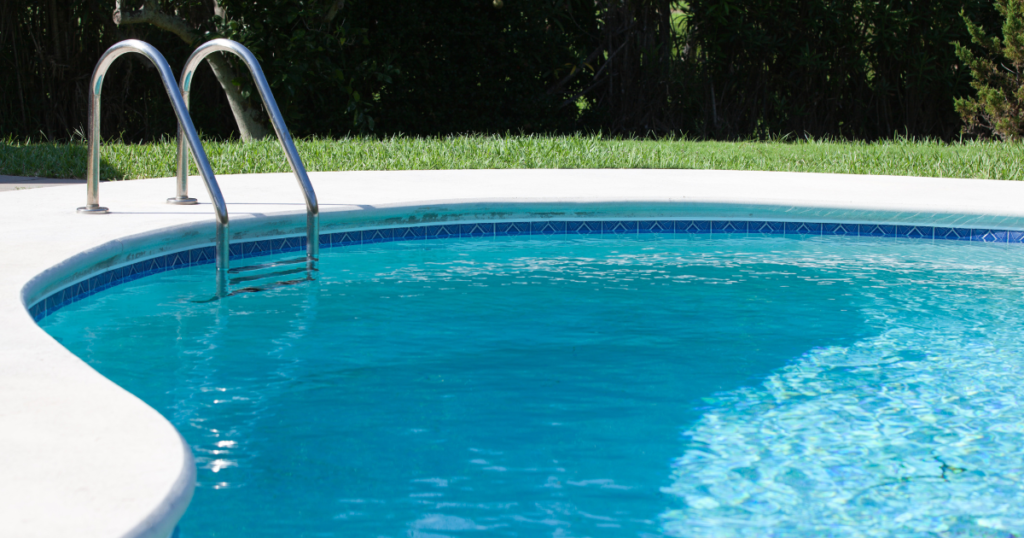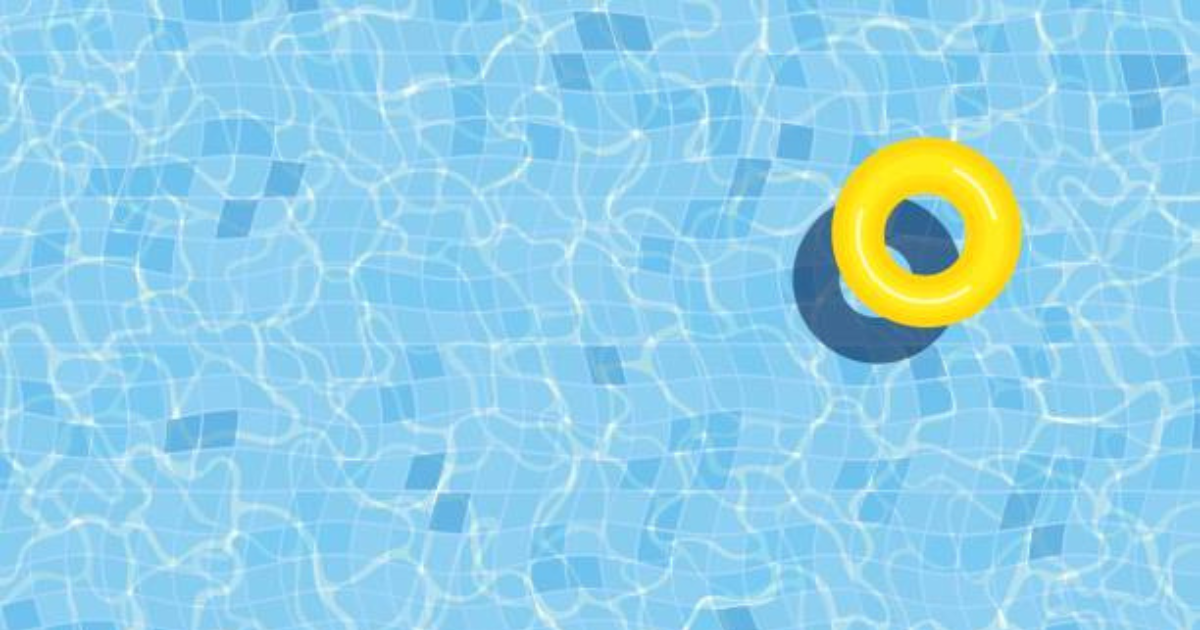Pool season has officially arrived, and we know you can’t wait to dive in! While swimming is all about fun, remember to keep your pool filter running so the water stays clean all summer. But should it be on while swimming? Is it safe to do that? Let’s find out.
Is It Safe to Swim with the Pool Filter Running?
In short, yes, it’s safe! If your filter has been running for hours before you jump in, it may not need to stay on while swimming. However, keeping the filter on while swimming generally helps circulate the water, ensuring your pool water stays clear and clean, especially if you haven’t had the filter on before using the pool. One exception is when young children are swimming, as they can be at risk for getting trapped by the suction of the filter. Of course, always keep a close eye on young children and make sure your pool has safety features like anti-entrapment drain covers.
Pool Filter System: When to Run and When to Skip
You can have your pool filter run for approximately 8-12 hours a day with good results, so there’s no need to keep it constantly running. So, when are the times you should have it running and when is it not as necessary while swimming in it?
Ideal times for running your pool filter

During times when your pool experiences high-usage periods, such as a large pool party or multiple swimmers, it’s generally recommended to have your pool filter on while swimming. Having multiple swimmers in the pool can introduce a mixture of sunscreen and sweat – which the filter will continuously remove, keeping your pool water clean. It’s also best to keep it running while swimming in windy weather, as leaves, flower petals, and other debris can easily blow into the pool.
When you might not need your pool filter on

Times when it may not be necessary to have your pool filter on while swimming is if the filter has already been running for hours before getting in. The pool water is already clean and clear by the time you use it, so additional filtering is probably not needed. Other times when it’s best to give the filter a break is if there are only a few swimmers in the pool, and the pool itself hasn’t been as actively used compared to having a large party. Lazy days for the pool when it’s only used a few times, and if you’re merely wanting to enjoy a relaxed swim, are when you don’t necessarily need to have your pool filter on.
Use Your Best Judgment
In the end, it’s all up to what makes sense for you. If your pool water already appears crystal clear and clean, then it’s safe to turn off your pool filter before you take a dip. However, if you’ve recently had a number of people in your pool and want to hop back in, or if leaves are flying everywhere, it’s best to keep the filter running to remove debris, sunscreen residue, and sweat as you swim.
Other Frequently Asked Questions
How often should pool filters be cleaned?
A pool filter should be cleaned regularly, typically once a month during peak swim season and less frequently in the offseason. If your pool filter is large, consider cleaning it only 3-4 times a year.
Does backwashing a pool clean the filter?
Backwashing is an effective method for cleaning clogged pool filters, but it’s only suitable for certain types, such as sand and DE filters, and it primarily addresses dirt and debris. However, other contaminants like oils and minerals cannot be fully removed by backwashing alone.
What happens if you don’t filter pool water?
Not filtering your pool water can lead to several unpleasant outcomes, including bacteria growth, algae formation, water discoloration, bad odor, and health issues. Having a pool filter is essential for maintaining clear, healthy water for swimming.
What is the least maintenance pool filter?
Sand filters are widely considered the easiest type of pool filter to maintain. Backwashing is typically performed when the pressure gauge reads 10 psi above the normal operating level. Additionally, they offer straightforward operation, durability, and a long filter cycle.

